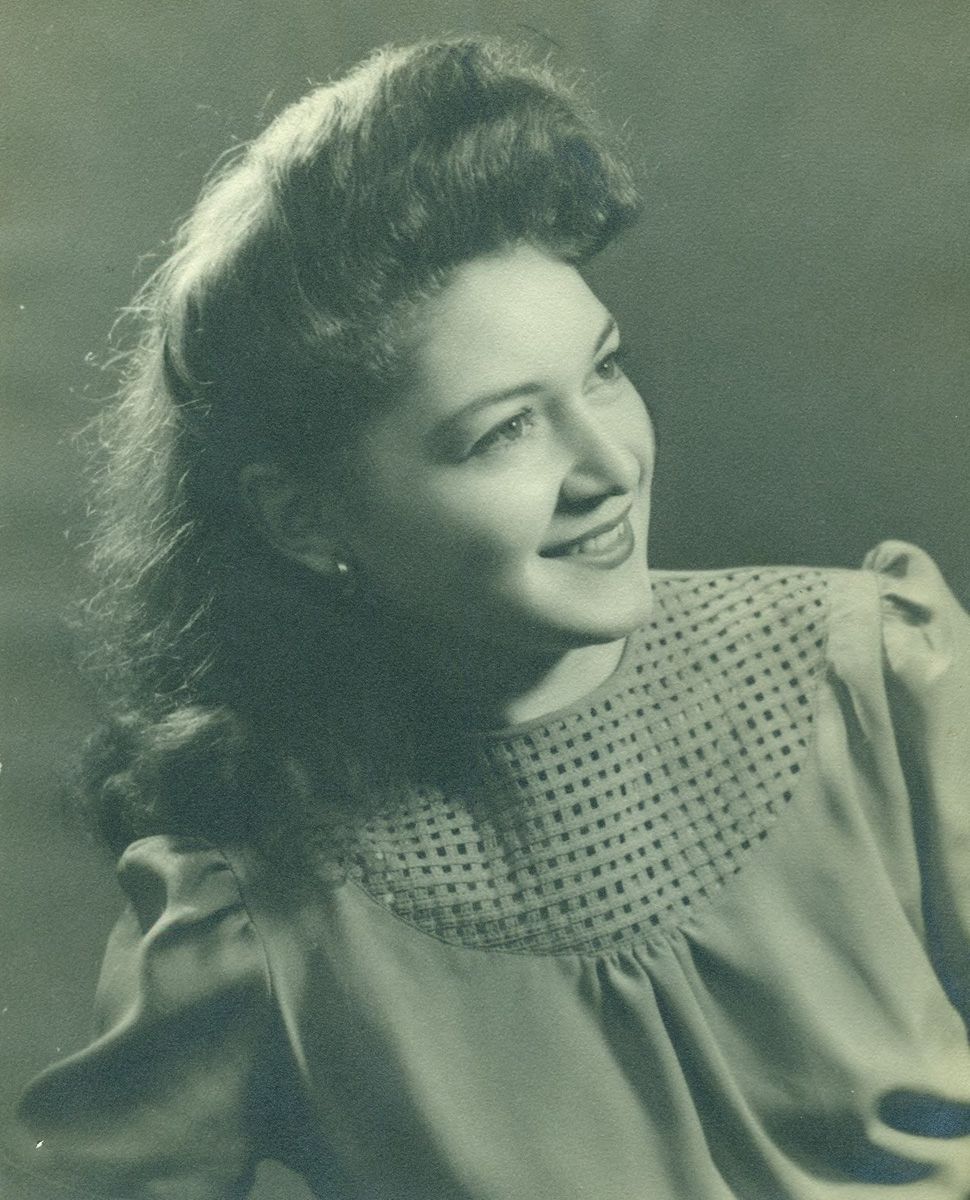After my mother breathed her final breath, where did she go? Being present at her death was to find myself suspended in the profound mystery of things; death, I suppose, the original mystery, that is, after life itself. Even after we wrapped her body, covered her face and stood as she was carried on a pallet from her home, I couldn’t leave, as it was clear to me she hadn’t entirely left.
My sisters, niece and nephew dispersed to other rooms and I sat in a mild stupor on the couch alongside the now empty hospital bed. The atmosphere was strange, the air thinner and lighter. I sat on the couch alongside the now empty hospital bed and, in the stillness, became aware of my body abuzz with activity; I could vaguely sense colonies of living atoms cohering as my solid form. But as my attention extended beyond my body, it was clear that I was not alone.
